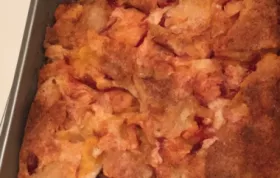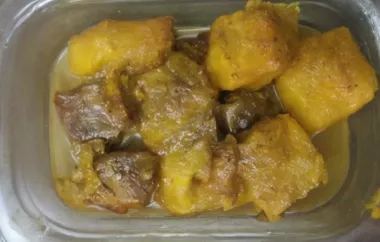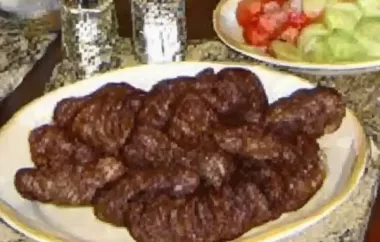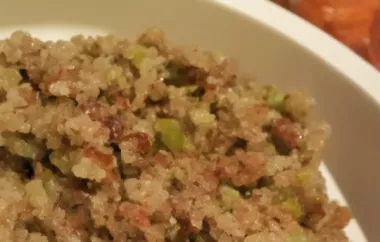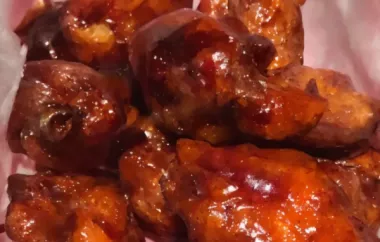Pomegranate Stew with Chicken - A Rich and Tangy Iranian Dish
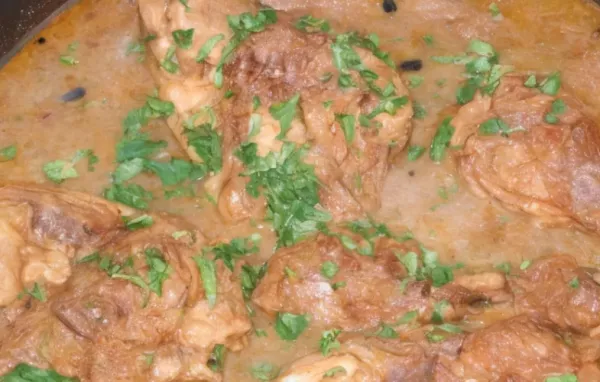
Published on November 04, 2023
Pomegranate Stew with Chicken, also known as Khoresh Fesenjan, is a traditional Iranian dish that combines the richness of ground walnuts and the tanginess of pomegranate molasses. This flavorful stew is incredibly satisfying and pairs well with rice. The tender chicken, aromatic spices, and complex flavors make it a perfect hearty meal for any occasion.
Ingredients
- 2 pounds chicken, cut into pieces
- 1 cup ground walnuts
- 1 cup pomegranate molasses
- 1 onion, finely chopped
- 4 tablespoons vegetable oil
- 1 teaspoon ground cinnamon
- 1 teaspoon ground turmeric
- 1/2 teaspoon ground nutmeg
- Salt and pepper to taste
- 2 tablespoons sugar (optional)
- Pomegranate seeds for garnish (optional)
Directions
- In a large pot, heat 2 tablespoons of oil over medium heat. Add the chopped onion and sauté until golden brown.
- Add the chicken pieces to the pot and cook until browned on all sides. Remove the chicken from the pot and set aside.
- In the same pot, add the remaining 2 tablespoons of oil. Add the ground walnuts and cook for 5-7 minutes, stirring constantly to prevent burning.
- Return the chicken to the pot and add the cinnamon, turmeric, nutmeg, salt, and pepper. Stir well to coat the chicken with the spices.
- Pour in the pomegranate molasses and enough water to cover the chicken. Bring the stew to a boil, then reduce the heat to low. Cover and simmer for 1 hour, stirring occasionally.
- Taste the stew and adjust the seasoning as desired. If you prefer a sweeter flavor, add sugar to taste and stir until dissolved.
- Continue simmering the stew for another 30 minutes, or until the chicken is tender and the flavors have melded together.
- Serve the Pomegranate Stew with Chicken hot, garnished with pomegranate seeds if desired. Enjoy with steamed rice.
Interesting Facts
You’ll Also Love


